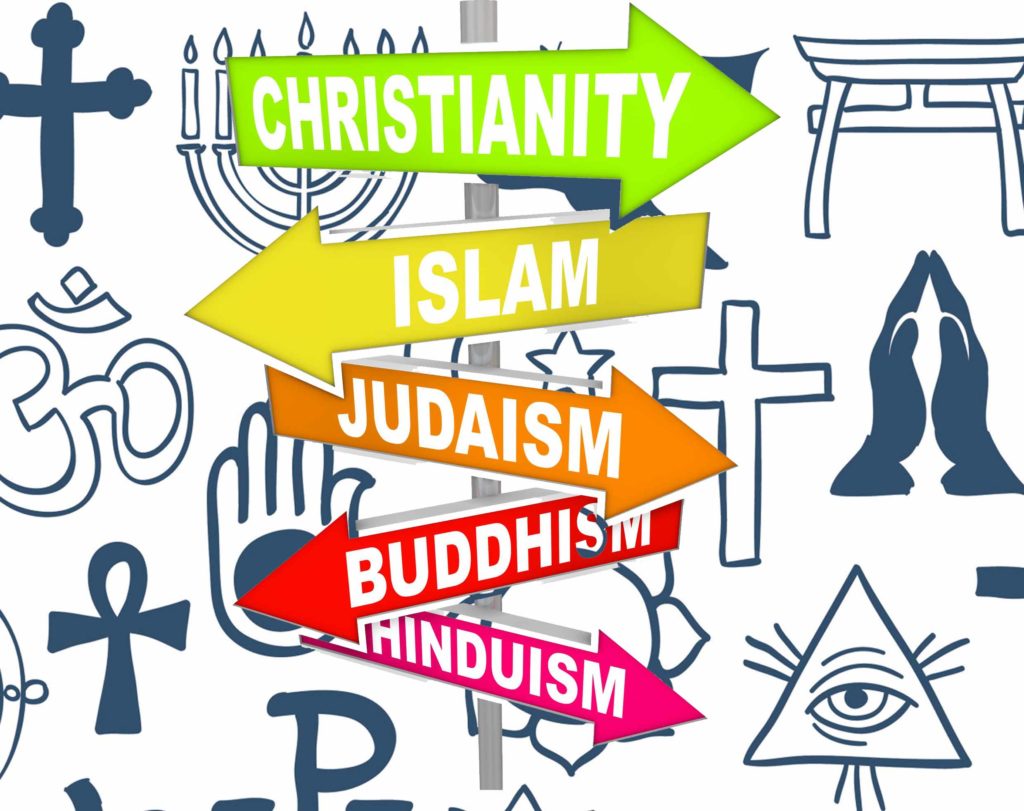Religious Education
St Andrew’s is a Church of England School and we believe that our children learn from, and about, the Christian religion and other world faiths, so that they can understand and appreciate the world around them. We want our children to be respectful and considerate of other religions and views.
We believe that thoughtful and responsible modelling of questioning, encourages our children to engage in discussion and gives them opportunities to reflect on their own ethical, spiritual and moral views. We show our Christian faith as diverse, accepting and welcoming. This ethos filters through everything we teach and do at St. Andrew’s and we actively encourage all members of our strong school community to Let Their Light Shine.
Religion and beliefs inform our values and are reflected in what we say and how we behave.
Religious education provokes challenging questions about the ultimate meaning and purpose of life, beliefs about God, the self and the nature of reality, issues of right and wrong, and what it means to be human. It can develop pupils’ knowledge and understanding of Christianity, of other principal religions, other religious traditions and world views that offer answers to questions such as these. |
Religious Education is taught from a Christian viewpoint, but also includes introductions to other faiths and cultures, encouraging children to have a multicultural experience. Through our Religious Education curriculum, our children will be able to make links between religions, show acceptances of other cultures and beliefs, and be critically self-reflective of their own religious and philosophical views. Our Curriculum for Religious Education follows the Leicestershire Agreed Syllabus and Understanding Christianity and aims to ensure that all pupils:
|
Make sense of a range of religious and non-religious beliefs, so that they can:
Understand the impact and significance of religious and non-religious beliefs, so that they can:
Make connections between religious and non-religious beliefs, concepts, practices and ideas studied, so that they can:
|

We hold a daily act of Collective Worship in school.
Parents have the right to withdraw their child from Religious Education lessons and Collective Worship if they wish to do so.
